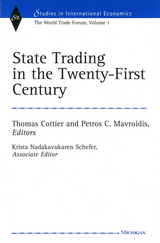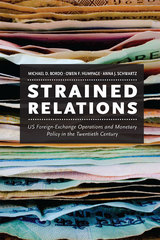Paper: 978-0-87840-364-6
Long-acting and reversible contraceptives, such as Norplant and Depo-Provera, have been praised as highly effective, moderately priced, and generally safe. Yet, as this book argues, the very qualities that make these contraceptives an important alternative for individual choice in family planning also make them a potential tool of coercive social policy. For example, policymakers have linked their use to welfare benefits, and judges, to probation agreements. In this book, authors from the fields of medicine, ethics, law, and the social sciences probe the unique and vexing ethical and policy issues raised by long-acting contraception.
The book offers comprehensive ethical guidelines for health care professionals and policymakers, as well as an ethical framework for analyzing policies and practices concerning long?acting contraceptives. The authors consider cultural, social, and ethical issues pertaining to contraception, and they provide historical and scientific background on today's controversies. They explore alternative conceptual and theoretical frameworks, including analyses of autonomy, coercion, and responsibility in reproductive decisions. This volume also notes the special concerns that arise when policies promoting long?term birth control target low-income women and women of color, and when these contraceptives are used in developing countries.
See other books on: Ethics | Jennings, Bruce | Medical | Moral | Policy Challenges
See other titles from Georgetown University Press












